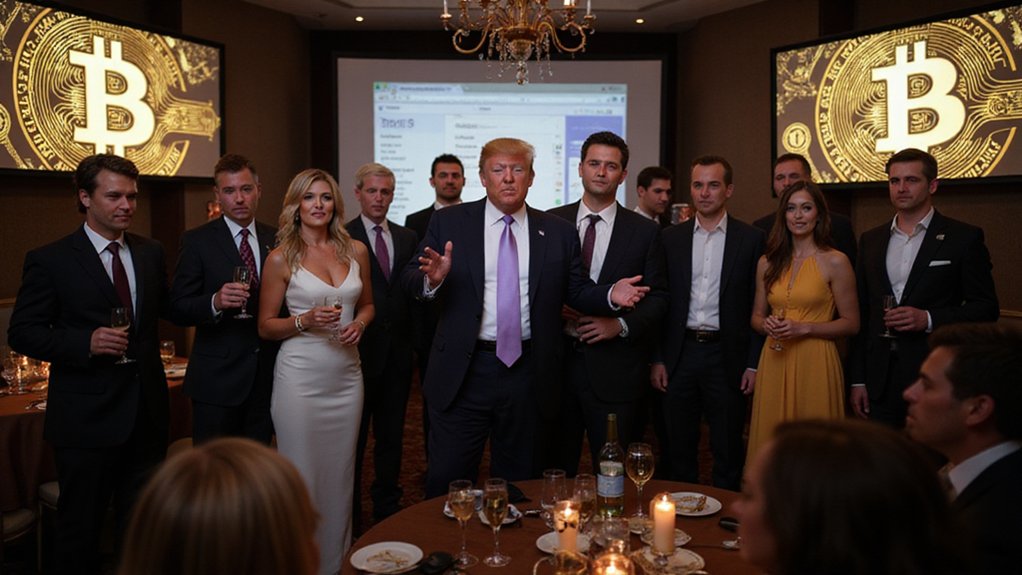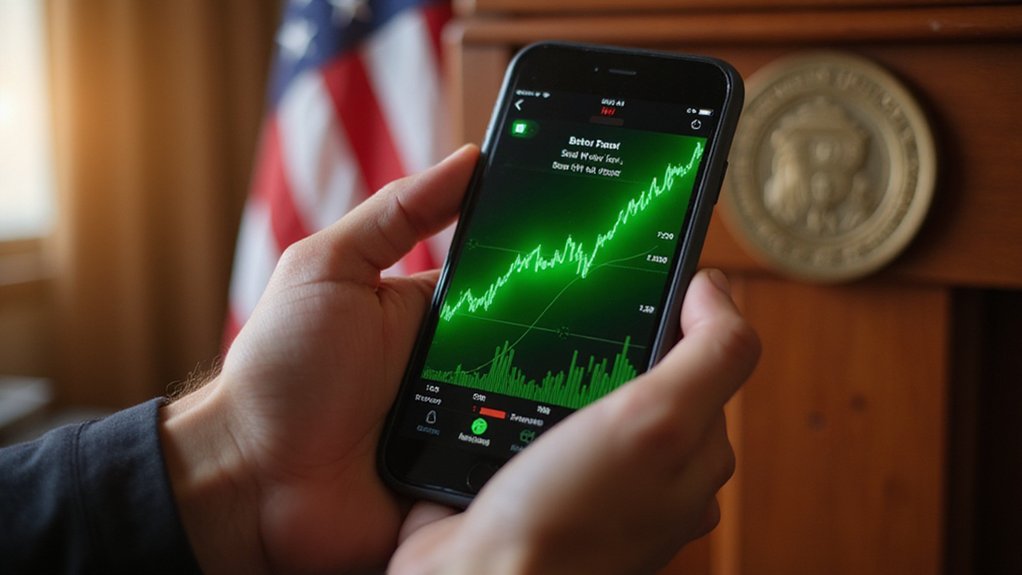In a move that surprised precisely no one who has followed his mercurial approach to American politics, Elon Musk announced the formation of the America Party on July 5, 2025—a date whose symbolic significance (the day after Independence Day) was likely not lost on the world’s most prolific tweeter-turned-political-entrepreneur.
The announcement followed a characteristically Muskian poll on X, where over 1.2 million users cast votes, with 65.4% supporting a new political party. This digital referendum came shortly after President Trump signed the “Big Beautiful Bill” into law—legislation that Musk denounced as fiscally catastrophic, adding trillions to the national deficit.
The timing suggests less coincidence than calculated rebellion. Musk’s public feud with Trump over the spending package provided the perfect catalyst for his latest venture into disrupting established systems. Having conquered electric vehicles, space travel, and social media platforms, the billionaire entrepreneur now sets his sights on what he terms the “one-party system” (or “uniparty,” as he colorfully describes the Republican-Democratic duopoly).
Musk’s calculated rebellion against the Republican-Democratic duopoly marks his boldest disruption yet—targeting America’s entrenched political establishment.
The America Party’s strategy reflects Musk’s characteristic precision: rather than pursuing quixotic presidential ambitions—constitutionally impossible given his South African birth—he aims to secure key congressional seats that could wield balance-of-power influence. The party plans to target 2-3 Senate seats and 8-10 House districts strategically to prevent either major party from achieving a majority. This approach demonstrates surprising political sophistication for someone whose previous governmental experience consists primarily of regulatory battles and Twitter feuds.
While specific policy proposals remain undisclosed, the party’s platform appears to prioritize technological innovation, pro-business deregulation, and aggressive debt reduction. The emphasis on “freedom-oriented policies” suggests a libertarian-leaning approach that could appeal to voters frustrated with traditional party offerings. Given Musk’s advocacy for digital assets, the party may also support cryptocurrency adoption as a tool for financial innovation and reduced government control over monetary policy.
The party’s viability hinges on developing leadership beyond Musk himself and translating social media enthusiasm into electoral success. With no announced prominent leaders or funding sources, the America Party exists primarily as Musk’s personal political vehicle—a reality that could either accelerate or torpedo its prospects. The formation process faces significant hurdles, as each state requires different ballot access requirements ranging from thousands of signatures to specific voter registration percentages.
Whether this represents genuine political evolution or merely another Musk publicity stunt remains unclear. What’s certain is that American politics, already disrupted by technological forces, now faces the prospect of Silicon Valley’s most unpredictable figure wielding direct political influence rather than merely purchasing platforms to amplify his voice.








